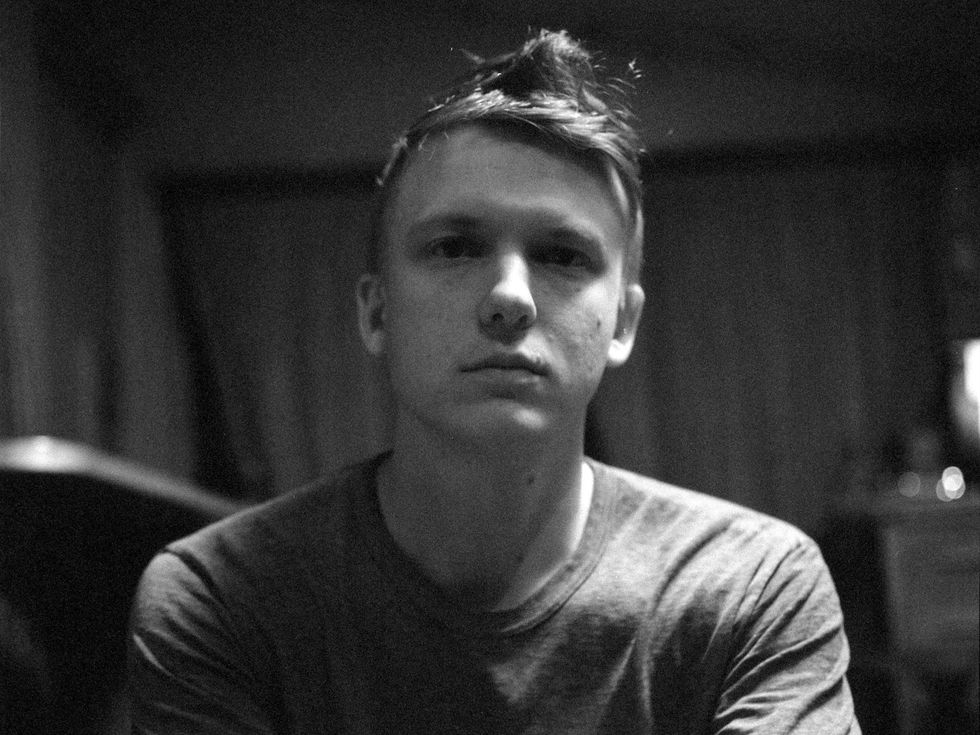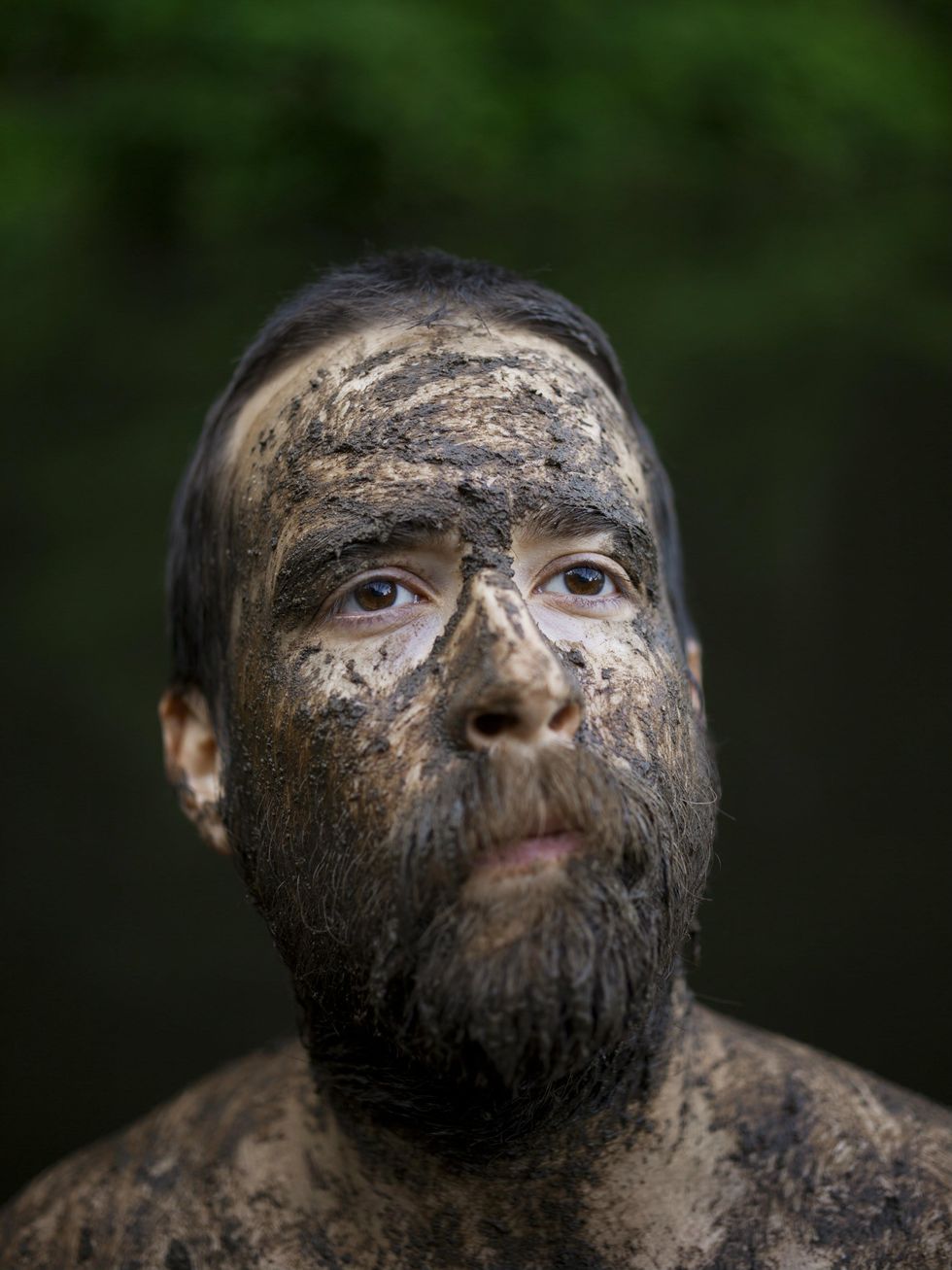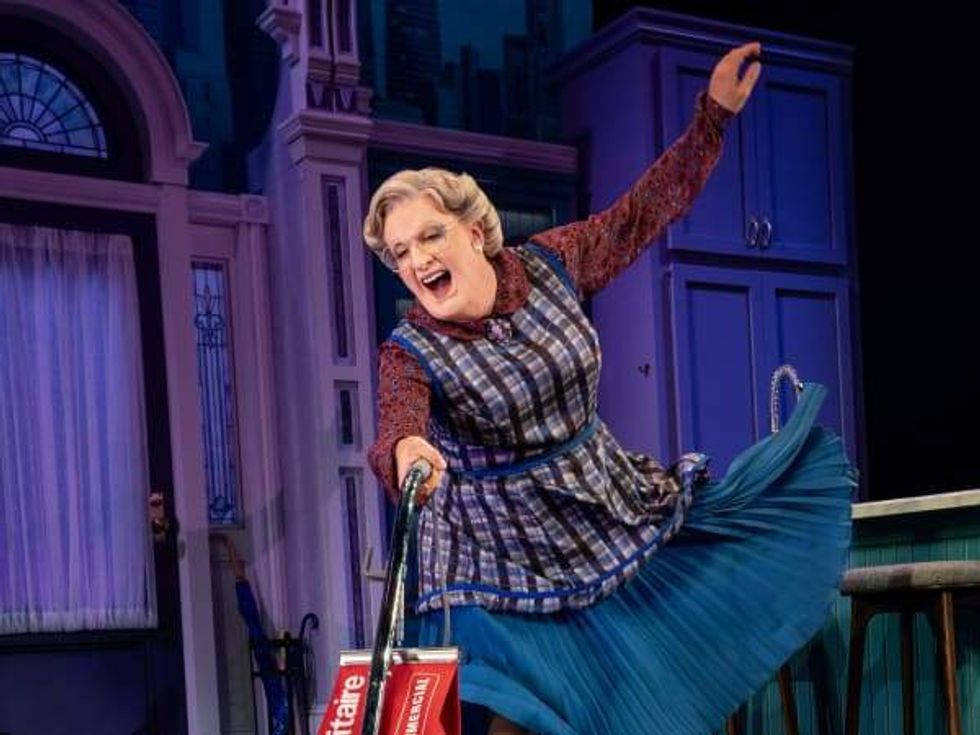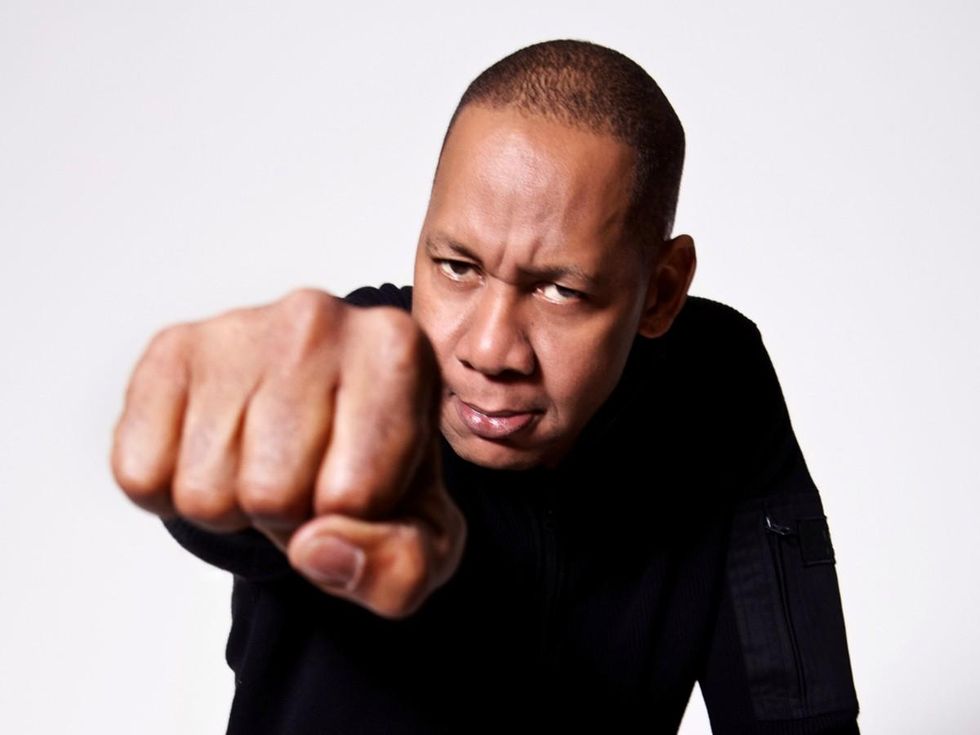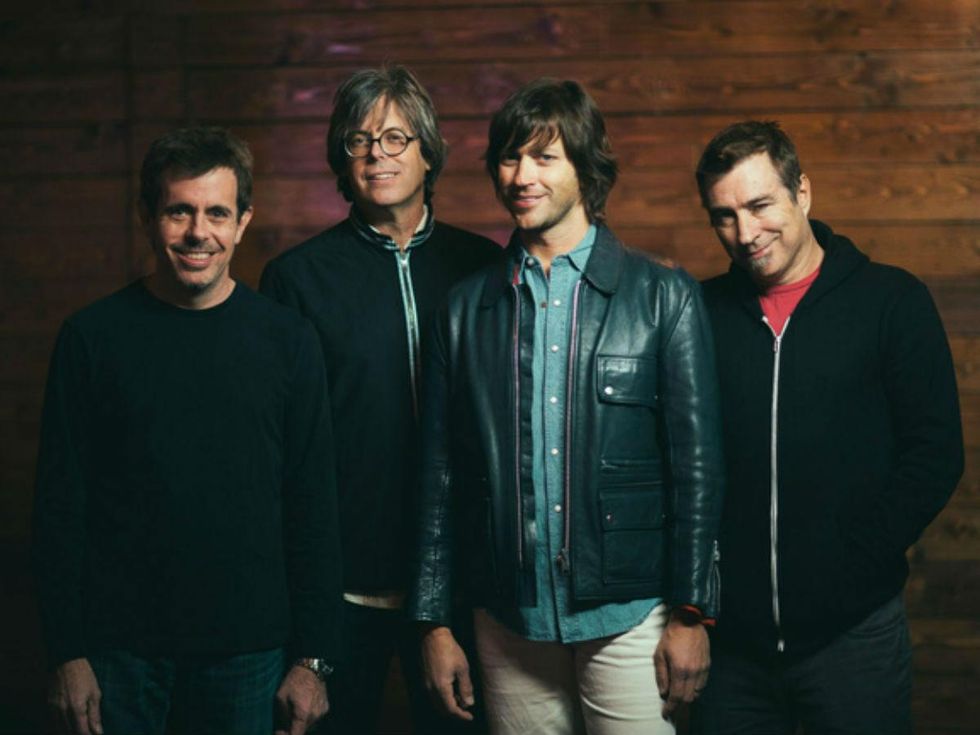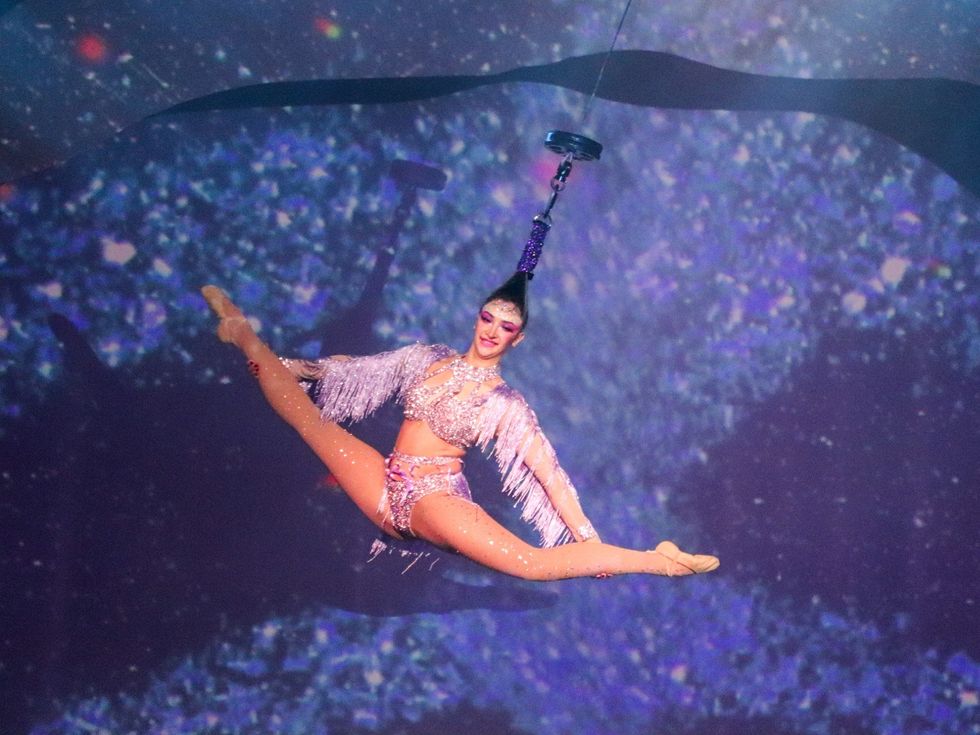Filmmaker Spotlight
Dallas filmmaker takes risks to reap rewards with experimental feature debut
As writer, director, producer and editor, Cameron Nelson wears many hats in his upcoming feature-length debut, Some Beasts, about a man who moves from the city to a small farm town expecting to find a simpler life. The experimental film is inspired by the Lake Highlands High School grad’s own experiences as a migrant worker and farm apprentice in a small Virginia town back in 2008.
But film wasn’t always his creative outlet; during his time in Virginia, it was music. Nelson and his band, comprising two drummers and a looping synthesizer, played house parties and art galleries while they projected video footage of Nelson’s travels on the walls behind them. The result was more of an interactive art performance than a concert, which helped shaped Nelson’s point of view as a director.
“I just completely fell in love with the way the moving image had a symphonic element to it; it was its own music in a way,” says Nelson, who is currently the technical director for Dallas VideoFest. “To me, with film there’s an overture — the first movement, crescendos and decrescendos moving up and down — and as the director I see film as a million moving parts you have to kind of form into a symphonic structure: the music, the image, the performance. That all comes from my background with making those concept albums.”
“Some Beasts is somewhat autobiographical, so I wanted to temper that with real locations and real people — people who outweigh my own experience,” Nelson says.
When Nelson moved back to Dallas in 2009 to start making short films and documentaries — his shorts have been selected for national and local festivals, including the 2013 Oak Cliff Film Festival — he noticed a lack of accurate representations of farm life in film. So he began working on a script he hoped would do it justice, especially because the Virginia community had such an effect on him.
“In general what we’ve seen in cinema with these outlying communities evokes this sense of otherness that I was really weary of,” he says. “So the idea of this film is to destroy the idealism of what living out on the land is all about.”
Nelson admits that breaking into the Dallas film scene was difficult at first. “I put a call on Craigslist for actors. I had no idea what I was doing.”
To get an idea, Nelson pursued work on film festivals and local film projects, including Upstream Color, from Dallas filmmaker Shane Carruth. It was 2011, and Nelson was working on his master’s in documentary filmmaking at the University of North Texas. He faced a difficult decision, but he went with his gut.
“I was a huge fan of Shane’s and of David [Lowery]’s, and my good friend Frank Mosley, who is also the lead in Some Beasts, had a part in it,” Nelson says. “So I took the job as assistant editor and dropped out of school.”
Through Upstream Color, Nelson met producer Ben LeClair. Nelson told LeClair about the script he’d been developing, and the two decided to collaborate on the project that would become Some Beasts.
Nelson’s narrative style borrows from the documentary genre he studied at UNT — “It’s so much easier to have a visceral reaction to something that feels real,” he says — and constructing that sense of realism in Some Beasts was so important to Nelson that he didn’t rely on his singular perspective.
“The film is somewhat autobiographical, so I wanted to temper that with real locations and real people — people who outweigh my own experience to create a more communal film,” he says. “My background is in anthropology, so I’ve always been very skeptical about the way I see the world versus a consensus.”
The film recently finished post-production, and Nelson is currently submitting applications for the 2014 festival circuit.
“I’ve just really been blown away with this feature because it was such a group effort — the cast, the crew the community,” Nelson says. “There are so many things that shaped this film.
“It started off as just this crazy idea, and it has really garnered a lot of support. It’s become a lot bigger than I ever thought it would be. It’s sort of out of my control at this point, but that’s kind of a good thing. It’s become its own beast.”
